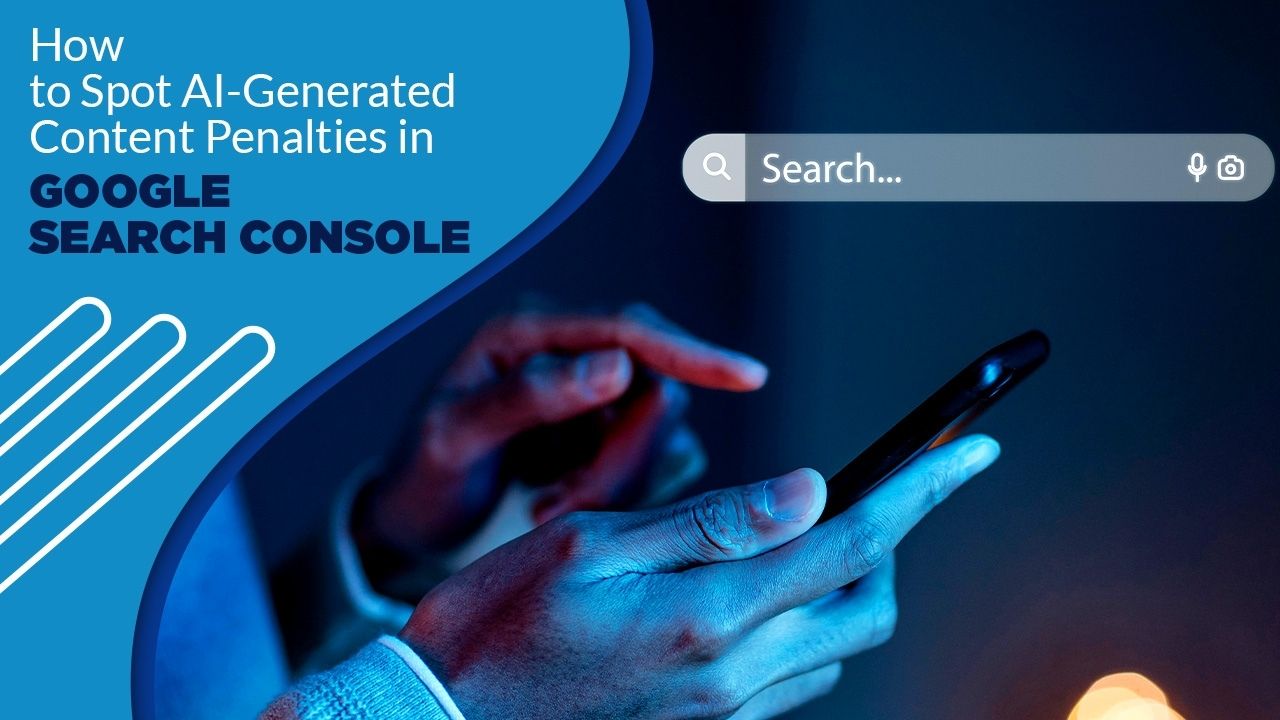Addiction affects many people and their families. Jason Amato’s story is a powerful example of the challenging journey to recovery. His brother, Grant Amato, faced addiction issues linked to excessive internet use and a tragic event occurred—Grant murdered their family due to his obsession with a cam girl.
This blog post will examine how Jason began his path to healing after such devastating loss. We will look into the steps he took toward recovery, including getting professional help and participating in support groups like Alcoholics Anonymous and Narcotics Anonymous.
These actions highlight the importance of community and expert guidance in overcoming addiction.
Read on for inspiration from Jason’s resilience.
The Impact of Family Tragedy on Jason Amato’s Life
Jason Amato’s life changed forever after a family tragedy in Chuluota, Florida. His brother Grant was arrested for shooting and killing their parents and another brother, Cody, at home.
This act of violence came after their father found secret messages and forced Grant out. At trial, Jason shared how deeply this loss affected him.
The court case pressed Jason into the harsh light of public attention. He spoke about his family with great sadness during his emotional impact statement. Now 29, he faces the world without his parents and brother Cody, while Grant serves time in Tomoka Correctional Institution, still fighting his conviction. Additionally, you can also read about Tragic Story of Jamie Doxtator.
Jason Amato’s Steps Towards Recovery
In his journey to get better, Jason Amato knew he needed help and support. He reached out to experts and joined groups where others shared their stories.
Seeking Professional Help
Jason’s family knew he needed help. They pushed him into a rehabilitation clinic for his addiction to internet content. This step was crucial for him to start facing his problems head-on.
At the clinic, professionals worked on both his addiction and mental health.
The therapy sessions focused on understanding the root of Jason’s addictions and finding ways to cope without turning back to harmful habits. Support from therapists at the rehab center gave Jason tools he could use outside its walls, such as coping mechanisms and strategies for avoiding triggers that might lead him back to substance abuse or unwanted behavior online.
Rehab wasn’t just about stopping; it was about starting too—starting to rebuild trust with himself and his family, starting a life where he could manage stress without unhealthy crutches.
The support didn’t end when he left the clinic doors; it continued through meetings with others who shared similar struggles, providing a community where Jason felt understood and not alone.
Engaging in Support Groups
Joining support groups played a crucial part in the recovery journey. Here, people share stories and struggles. They learn from each other. Groups like Alcoholics Anonymous and Lifering Secular Recovery offer a space to talk freely about their battles with addiction or mental health issues without judgment.
It’s not just talking; it’s finding those who understand your fight deeply because they’ve been there too.
In these groups, members follow steps or guidelines that help them tackle their addictions head-on. For example, working through the 12 Steps can lead to moments of real change in someone’s life.
Sharing personal experiences helps bring down walls of loneliness or shame that many feel when dealing with addiction alone. You hear success stories and setbacks alike, which makes your own struggle seem more manageable.
You May Find Interest: The Tragic Story of Chris Moyers
Takeaways
Jason Amato’s journey shows us the power of resilience. After a family tragedy shook his world, he chose recovery over defeat. Steps like seeking professional help and joining support groups played crucial roles.
This path was not easy but it was essential for healing and moving forward. Jason’s story has a clear message: recovery is possible with the right support and actions.





































